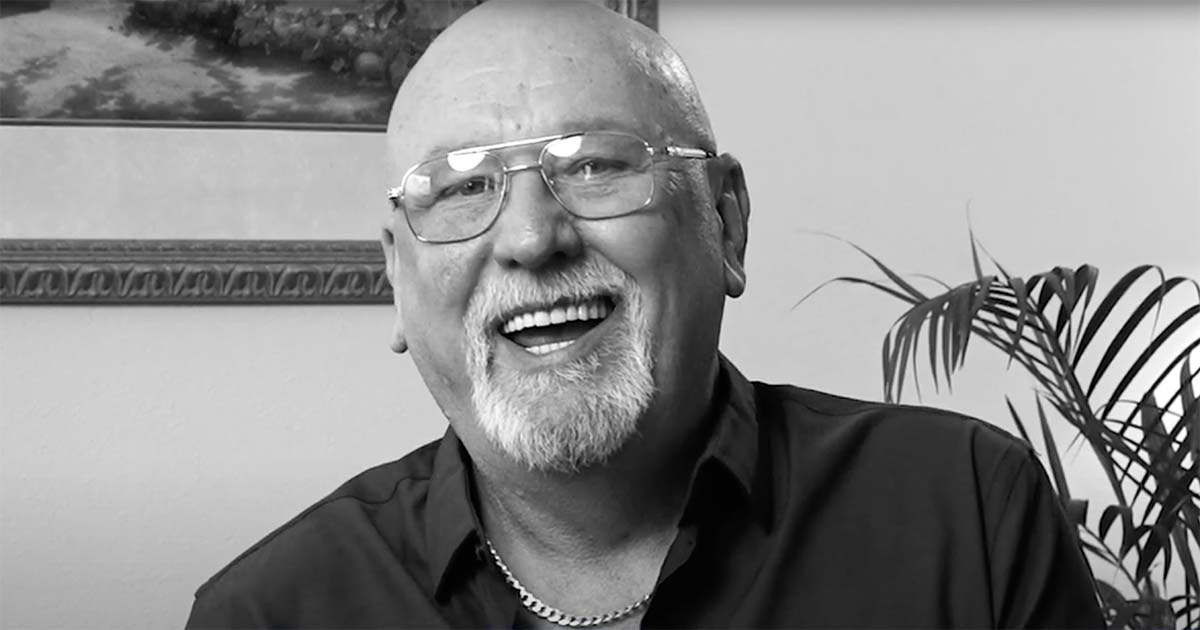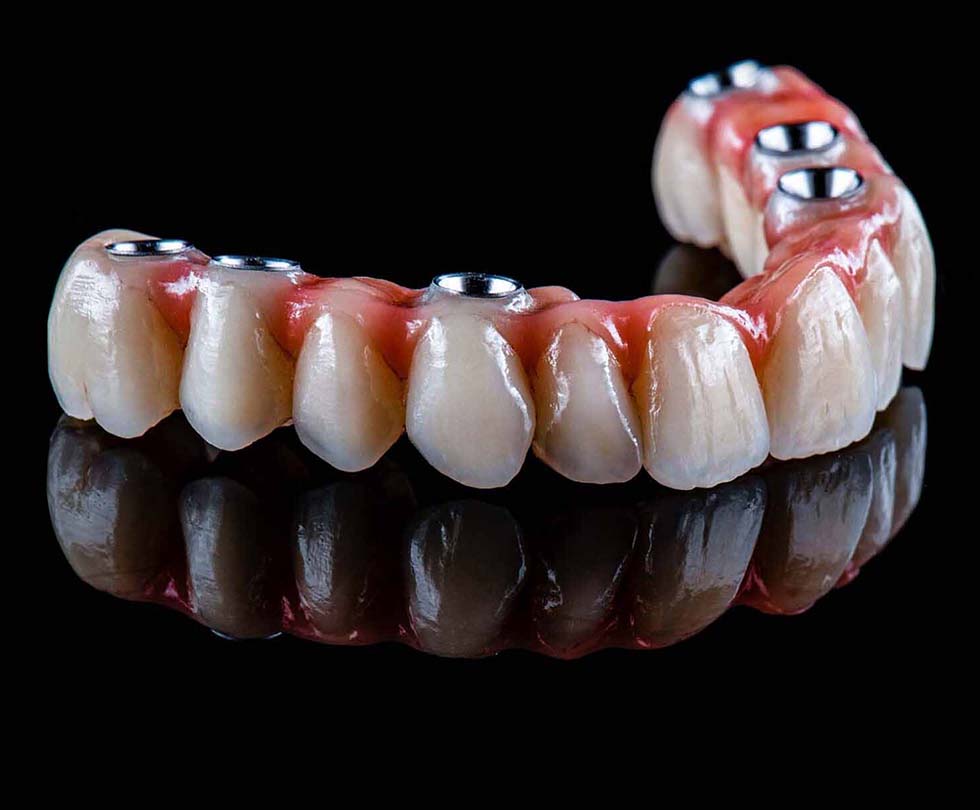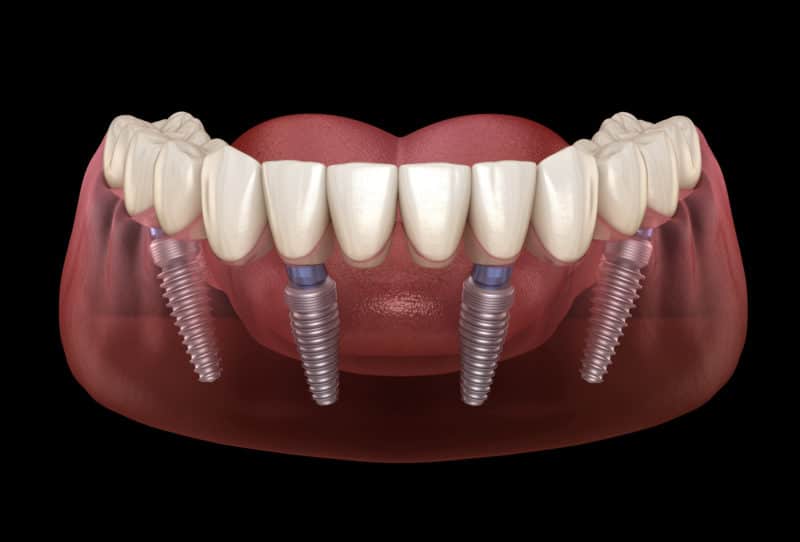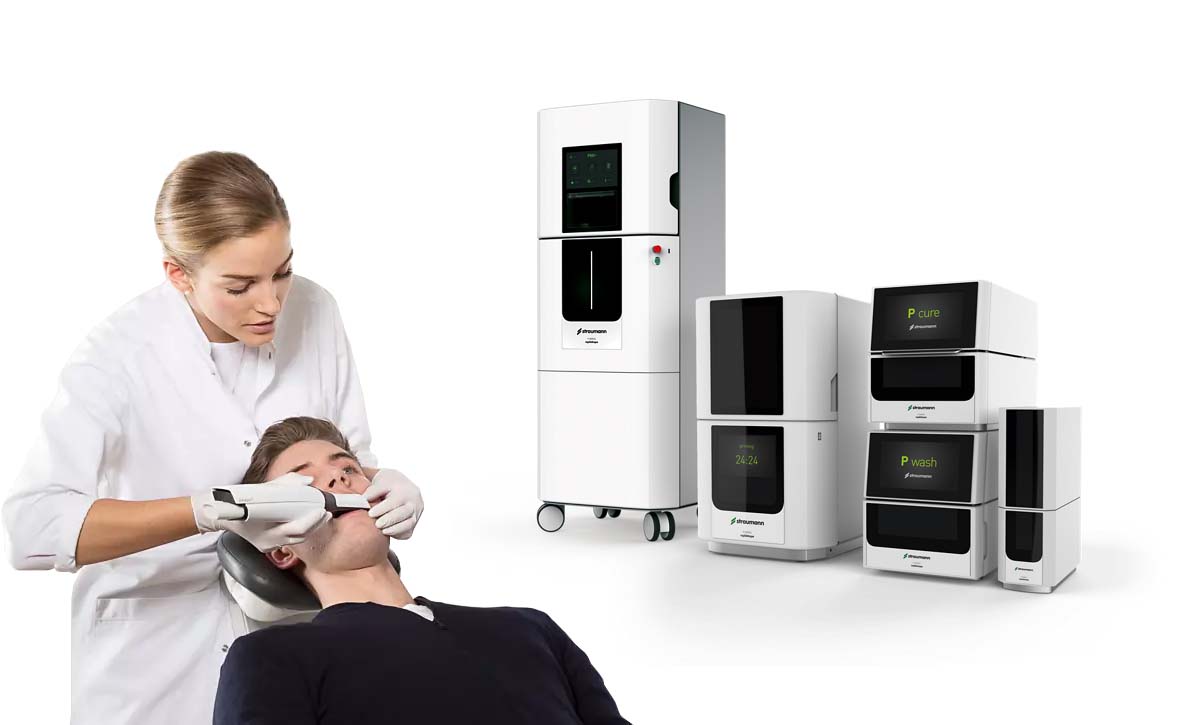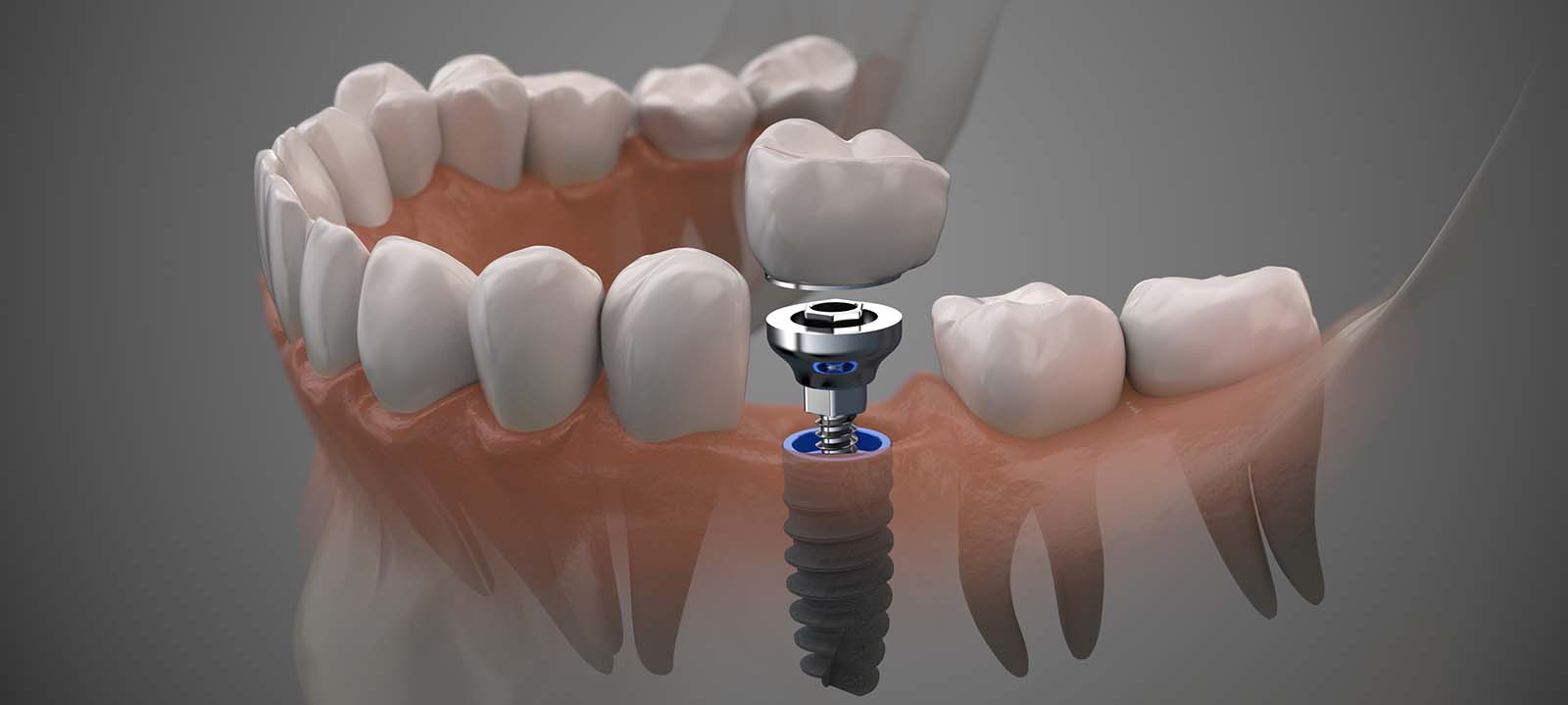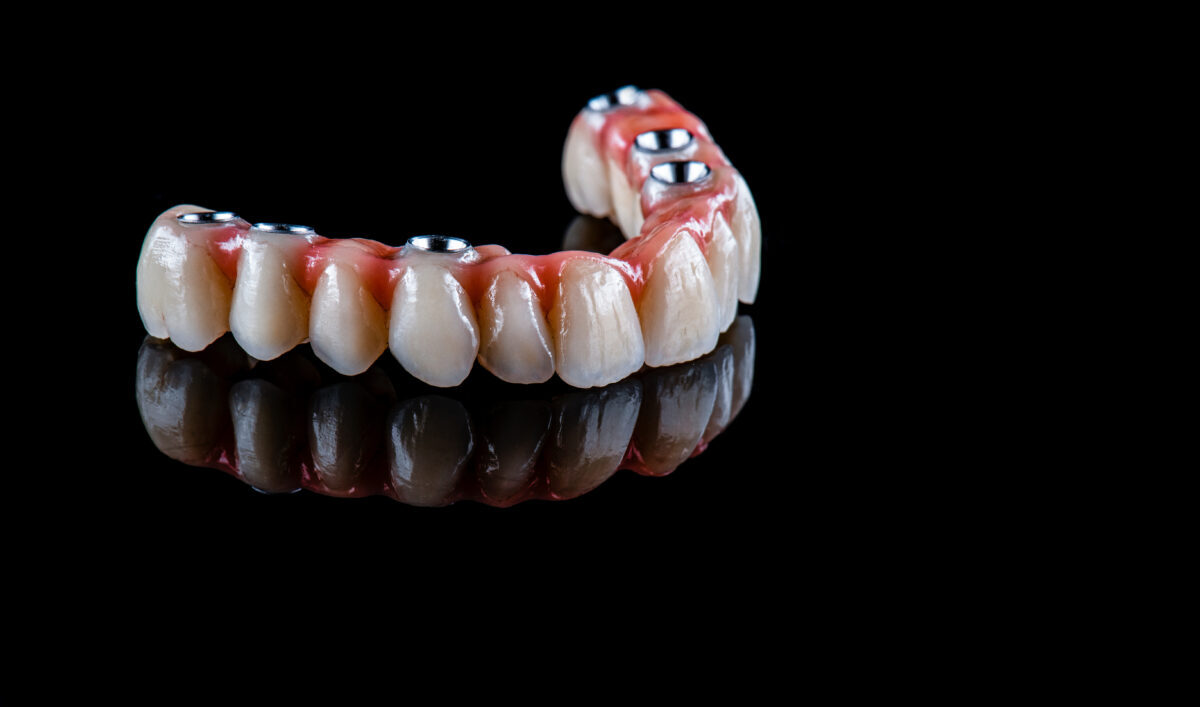Have you lost a tooth or several teeth? This is a common occurrence and something that people should not feel embarrassed about. Many people accept this as part of becoming an adult but consider getting single tooth dental implants if you are tired of using artificial teeth to replace the missing ones. A single tooth dental implant’s benefits, procedures, and costs are discussed below.
What is Single Tooth Dental Implants
Single tooth dental implants are miniature titanium posts surgically placed in the jaw, usually under local anesthetic. A dental implant for one tooth looks like a screw or cylinder and is attached to a fake tooth, making it appear as if the person never lost the tooth in the first place. They are generally used to replace missing front teeth but may also replace other types of lost or missing teeth.
Benefits of Single Tooth Dental Implants
A dental implant for one tooth offers several benefits, including:
- Increase self-esteem and boost confidence due to the restoration of your smile. You can chew food normally with single tooth implants, so you do not have to settle for soft foods to keep the teeth in place. You will also experience an improvement in speech as you will no longer have to worry about the teeth shifting.
- It is a long-lasting solution that has been shown to last for several decades, offering patients an opportunity to smile confidently again.
- There is a reduced treatment cost compared to the overall cost of a bridge and a crown. The treatment is faster and can be done in just one visit, unlike other procedures that may require multiple procedures over time.
- They feel and look like natural teeth, and so, there is no need to worry about people staring at your artificial teeth. They will not tell that you have implants, which gives the patient confidence when speaking or smiling.
Single Tooth Dental Implant Procedure
Here are the steps for single tooth dental implant procedure:
Initial Consultation
An initial consultation will be done, during which your doctor will inquire about your medical history and general health. You should share every detail, even the small things such as medication you may be taking or any allergies you might have. They may also ask you about previous dental treatments that you have had to determine if it is safe for them to start your treatment. They will also take a panoramic x-ray to determine how many implants are needed and the best location during this time.
Surgical Placement
You can do the surgery under local anesthesia, which means that you will not feel anything during the process, or you can do it under IV (general) anesthesia, where you will be sedated. There are two methods of placing the implants, which include:
- The subperiosteal approach, where the implant is placed on top of an existing bone. This is normally done when adequate bone structure surrounds the jawbone to have a strong and favorable outcome.
- The subcrestal approach is where the implant is placed inside or under an existing bone. This will be done when there is an inadequate bone structure for a single tooth implant placement.
The implants get attached to a mini screw, so the procedure should not take longer than an hour. It might seem like a lot of work, but it is necessary to ensure that you can chew properly.
Crown Placement
Once the surgery is done, you will have to wait for around six months so that the jaw can heal. Your dentist may give you a temporary replacement tooth during this time, which looks like any other denture. This procedure will be much easier than the first one since no implants are involved.
Healing and Care
After the placement, the doctor may give you some medication for pain relief, antibiotics in case of infection, or other treatment-related instructions. You will be required to take good care of the implant just like your regular teeth. It would be best if you brushed them twice a day and flossed them at least once, ideally after every meal. You may be required to visit the dentist every six months so that they can monitor how well the implants are healing and remove any tartar buildup.
What to Expect
Just like other procedures, dental implants in Los Angeles will cause some level of discomfort, and you may need pain medication to help with this. You should expect the following.
- Some bleeding and swelling around the surgical site and in your gums
- Slight bruising around the jaw due to the surgery
- Swelling or tightness in the jaw that may interfere with your sleep
- Soreness and pain, especially when chewing on the other side of your mouth. This will only last for a few days to a week after surgery.
- Difficulty in keeping your mouth open due to swelling around the mouth area
- Changes in taste because saliva may pool around the implant.
- Infection of the mouth or gums occurs in less than one percent of patients. This will require antibiotics to get treated quickly.
Stages of Recovery
The stages of recovery are broadly divided into immediate, acute, and long-term effects of the surgery.
- Immediate effects of the implant placement are seen immediately after the surgery. This includes pain, bleeding, and swelling around the surgical site. You may also experience difficulty eating or drinking due to tenderness or tightness in your jaw.
- During the acute recovery phase, you will need to take antibiotics for infection, pain medication to relieve the pain, and the bleeding in your gums will stop. This stage lasts for around two weeks after surgery.
- Once you get out of the acute recovery phase, you must be prepared to face long-term effects. These include:
- Swelling and tenderness in your jaw
- Slight discoloration of your skin
- Changing the way you chew may require some retraining to deal with this change.
- People close to you may ask if there has been any change to your teeth because the implants are not visible.
How Long Do Single Tooth Dental Implants Take
This depends on several factors, including your medical history, overall health, and the type of implants to be installed. Generally speaking, you can expect this procedure to take anywhere from two weeks to three months, assuming everything goes well. If you have any complications, it may increase the time required for recovery. Single dental implants can be placed simultaneously with second implants, provided that you do not have any major health issues.
Risks Involved
Several risks are involved with single tooth implants depending on your medical history. If you have any major health issues, it is best to consult with an oral surgeon before undergoing this procedure. The doctor must be aware of all the medications you take to plan the surgery accordingly. Besides regular risks like infection or anesthesia-related complications, you may face problems if the jaw bone is too thin to support the implant post. All in all, single tooth dental implants in Los Angeles are a great option for replacing missing teeth and give you long-lasting results with an affordable treatment cost.
How Much Does a Single Tooth Dental Implant Cost?
Single tooth dental implant cost generally depends on your budget and your budget. Generally, the treatment will cost anywhere between $1,500 and $4,000. This price includes the surgeon’s fee and the cost of titanium implant posts that will usually last for more than ten years if taken care of properly. The cost may vary if you need multiple implants to replace several missing teeth at once. Before undergoing surgery, you should get a written quote to compare the cost of a single tooth dental implant and choose a good price.
See also Dental Implants Cost in Los Angeles
Alternatives to Dental Implants
If removed because of tooth decay or gum disease, there are no other alternatives for saving individual teeth. The only option is to replace the missing tooth or teeth with a fixed restoration, removable partial denture, or a complete denture. These alternatives may not last long and need to be replaced every few years, unlike dental implants that work for many years without showing any signs of wear. Therefore, it is better to go for single tooth dental implants than try out any other alternative.
Should I Consider Single Tooth Mini Dental Implants
If your tooth or teeth are missing because of irreparable damage due to gum disease, tooth decay, or fracture, you must consider replacing them with mini dental implants. These crowns look similar to natural teeth and will fit on the implant posts to give you a complete set of replacement teeth. Besides being cosmetically appealing, these also ensure better speech and chewing ability.
How to Prepare for Single Tooth Dental Implants
Your dentist may ask you to have some standard dental X-rays done before the surgery so that he has a clear idea of the space available in your jaw where the implant posts are to be placed. You can also get an MRI done if you have recently undergone any dental treatment or in case of having health issues. There are certain foods that you should stop eating before your surgery. Your surgeon will tell you when to stop eating because it is important for successful implant placement.
Why Single Dental Implants are Best for Tooth Replacement
If you are missing a single tooth, the best option is to replace it with a single dental implant. These titanium posts look exactly like your natural teeth and will give you back your smile in the most efficient way possible. The surgery usually takes place over two visits because of the advanced nature of this treatment. It begins with creating internal support for the implant post before fixing it to your jawbone. The wound is then closed, and you can go home after a few hours. On the second visit, the external portion of the crown is attached to the implant post to complete the replacement tooth.
Preparation for Single Tooth Replacement
The single tooth dental implant cost varies depending on the location of the post, model, and size. Before undergoing this surgery, you before undergoing this surgery, you should get a written quote to compare costs and choose your preferred option. All dentists who provide this treatment follow standard protocols for preparing your mouth for single tooth replacement with implant posts.
Anesthesia Options
There are two options for anesthesia during the procedure. The first option is intravenous sedation, where you get an injection in your vein to relax you for the surgery. This is done by an anesthesiologist who specializes in this type of pain relief treatment. The other option is general anesthesia, where you sleep and feel nothing. However, this has a risk of safety complications, so you must choose an experienced dentist to have the surgery done.
After Single Dental Implant Surgery
After single tooth dental implant surgery, the recovery process is relatively short and painless. You will be a little sore for a day or two, but other than that, there are no complications associated with this type of tooth replacement. The external crown needs to be adjusted by your dentist for a better fit to improve your smile. If you have severely damaged teeth, look for dental implants near me since they effectively replace all your teeth.
Who is the Best Candidate for Dental Implants
The best candidates for single tooth dental implants are those who have not lost any adjacent teeth or jaw bone. Your medical history is also an important factor in this decision because any major health issues can affect the surgery and recovery. Single-tooth implant surgery is a great investment if you want to replace missing teeth without spending too much money.
Is Dental Implant Procedure Safe?
It is completely safe to undergo a single tooth dental implant from an experienced dentist. Many people have chosen this treatment to replace missing teeth and return their normal smiles without complications. The surgical process is simple, and you will be given local anesthesia to reduce the pain during the procedure.
Is the Procedure Always Successful?
Although there are no major complications associated with single tooth dental implants, the success rate depends on your jawbone thickness. If the post cannot be implanted properly, it will not stay intact for long, and you will need to go through another surgery.
Can I Have Dental Implants If I Have Periodontal Disease
People who have active periodontal disease should avoid getting single tooth dental implants. The bacteria in the mouth can easily spread to the jawbone and cause serious health problems. Also, people with diabetes or undergoing chemotherapy should not opt for this procedure because of the greater risks. If you want a one-step solution to replace missing teeth, then dental implants are a perfect choice for you. This surgery is also cost-effective compared to other options like braces or using dentures.
Contact Southland Dental Care
If you are looking for a dental clinic in Los Angeles, you should visit Southland Dental Care to learn more about single tooth implant procedures and other cosmetic dentistry options. Our dentist will advise you on the best way to replace lost teeth using this procedure. You can also get a free consultation at our office to find out how we can help you improve your smile. Our team is highly qualified with many years of experience, so that you can trust us for high-quality dental care. They will also inform you of the cost of a single tooth dental implant. You can call us or visit our website or search for dental implants near me for more information.





